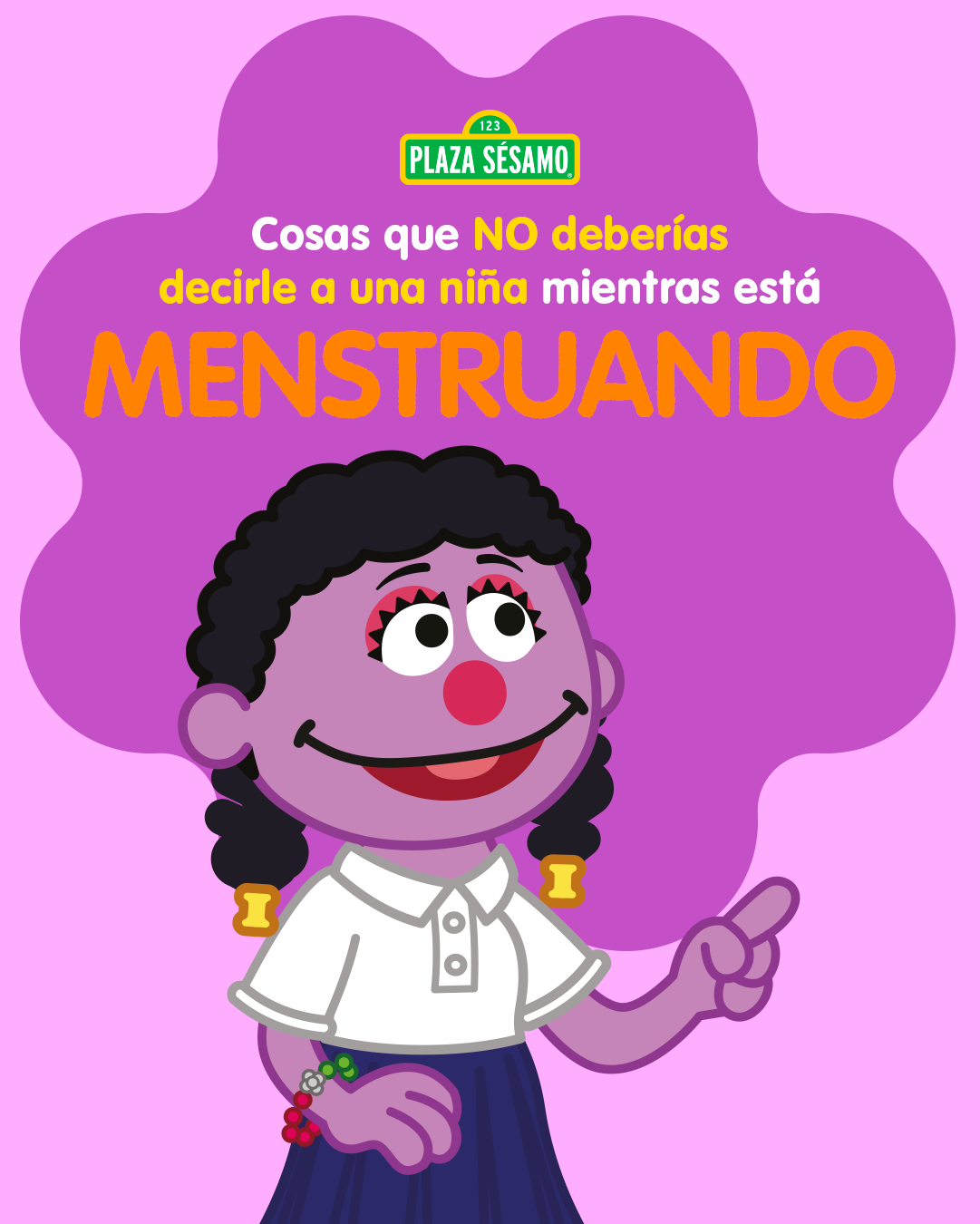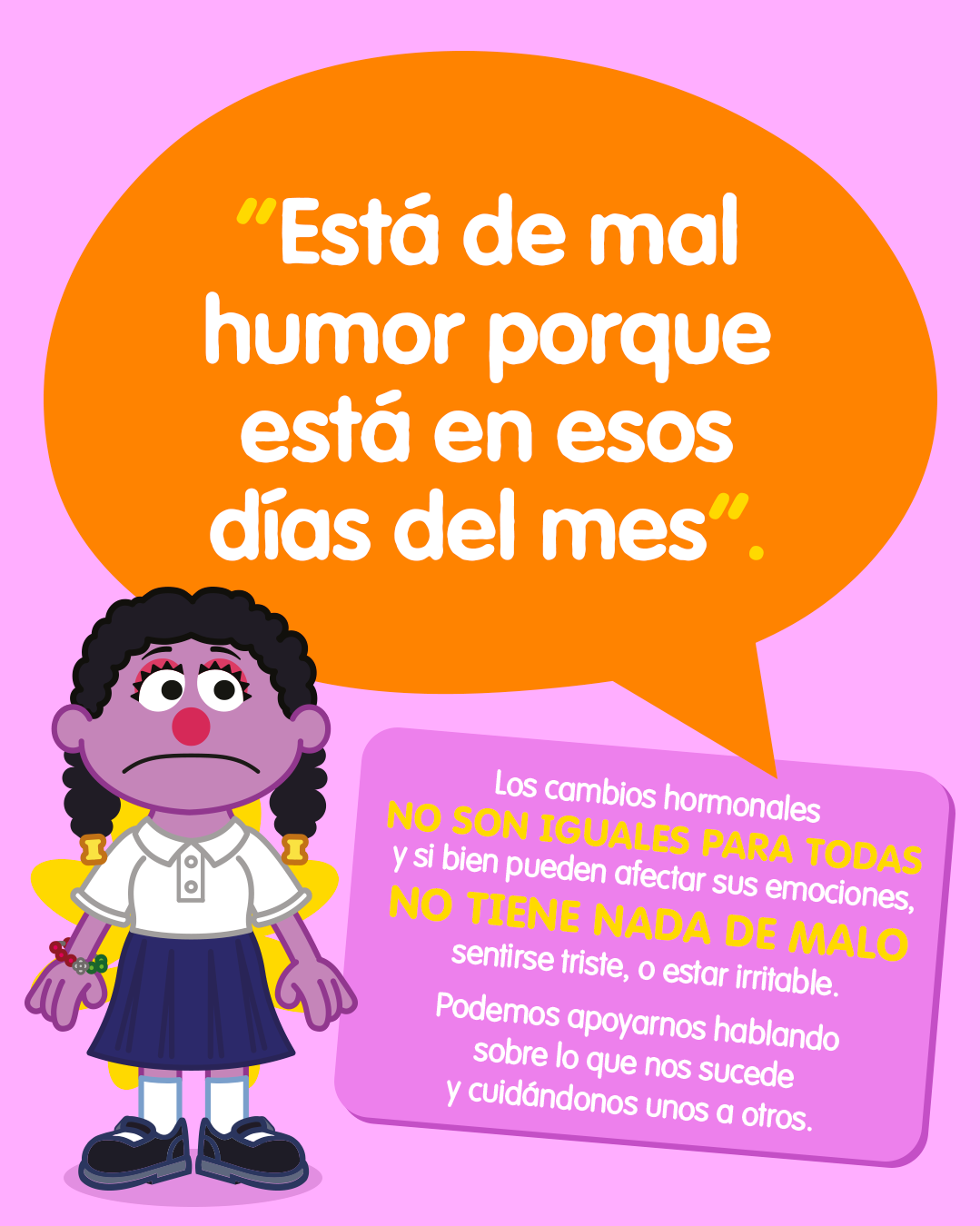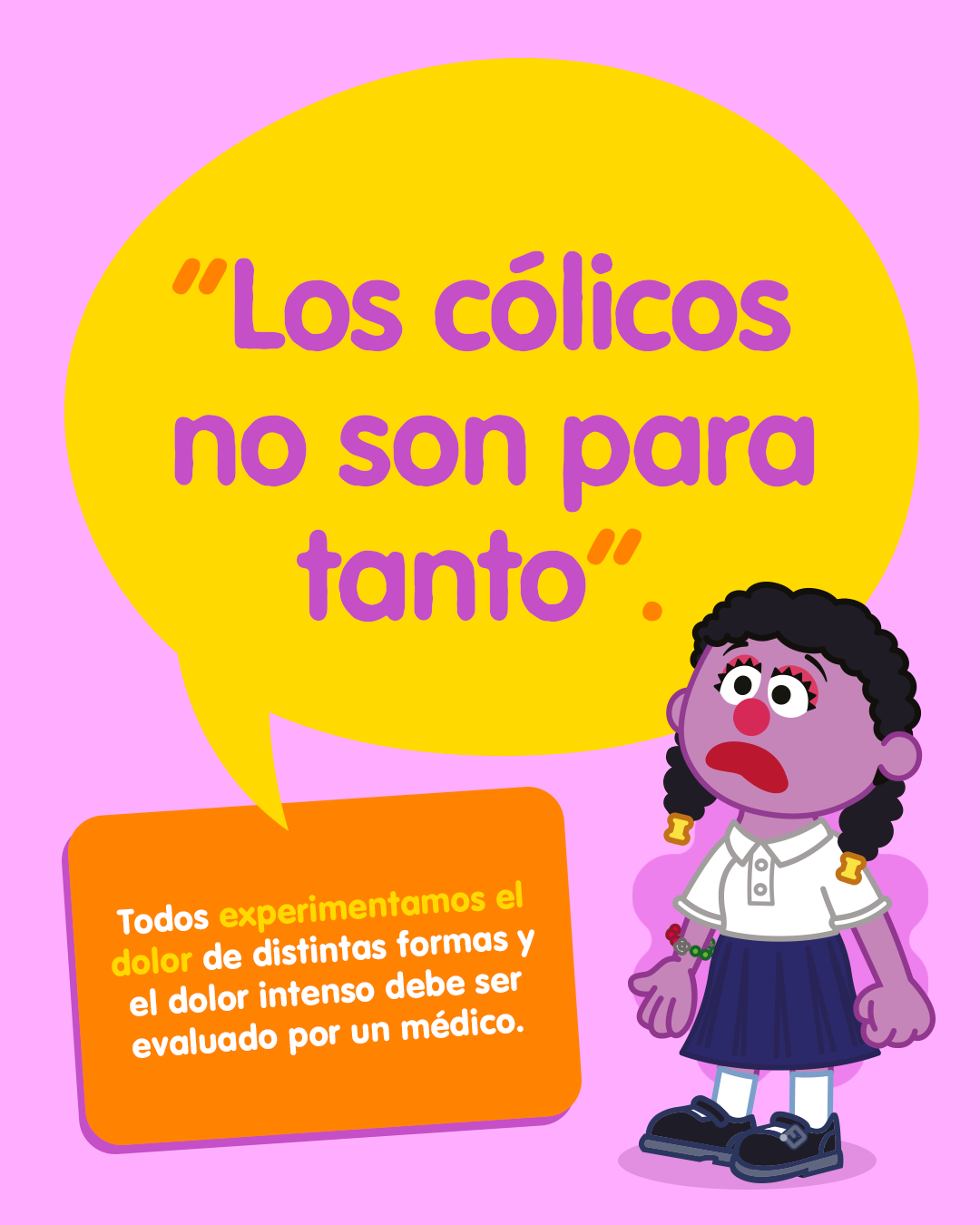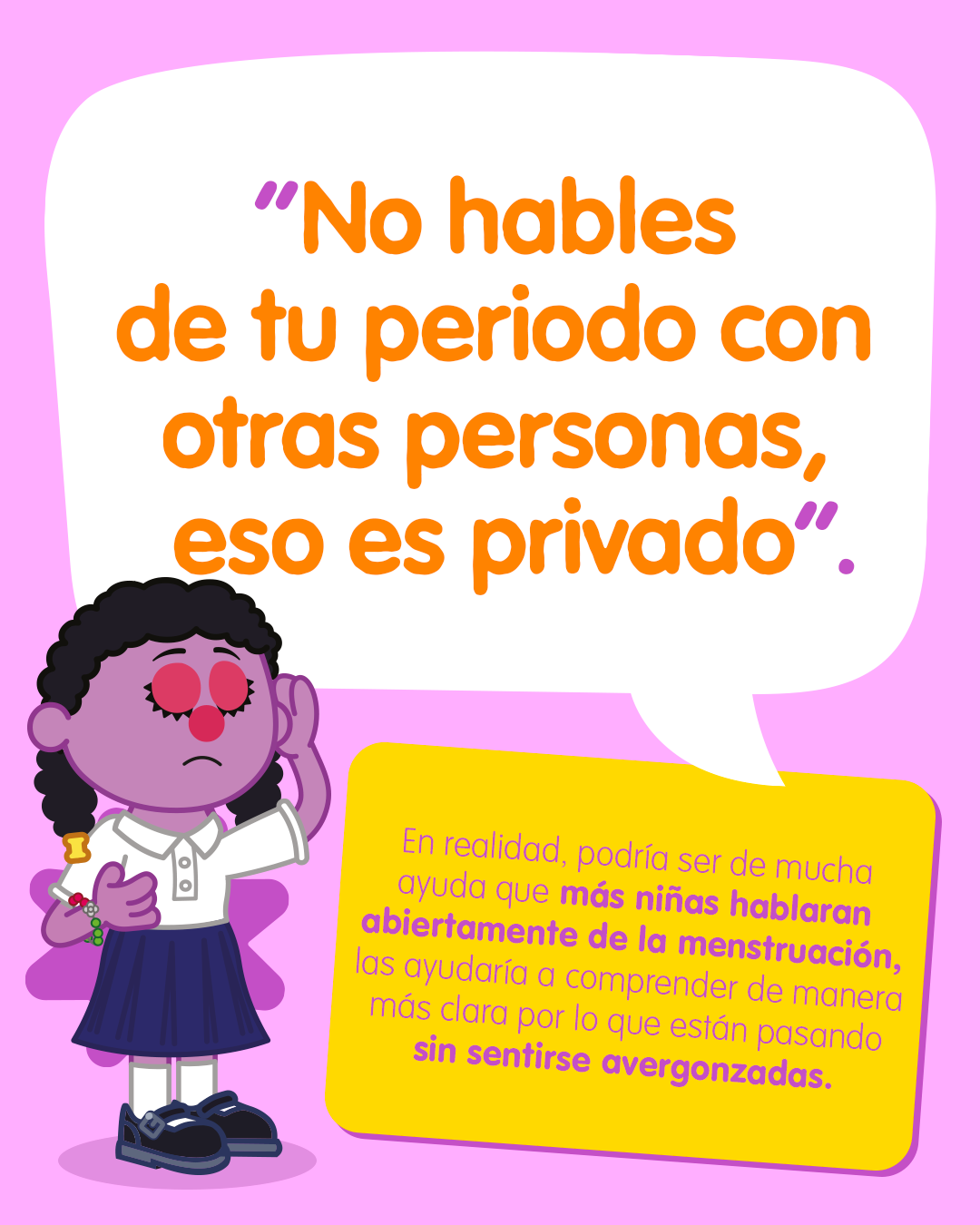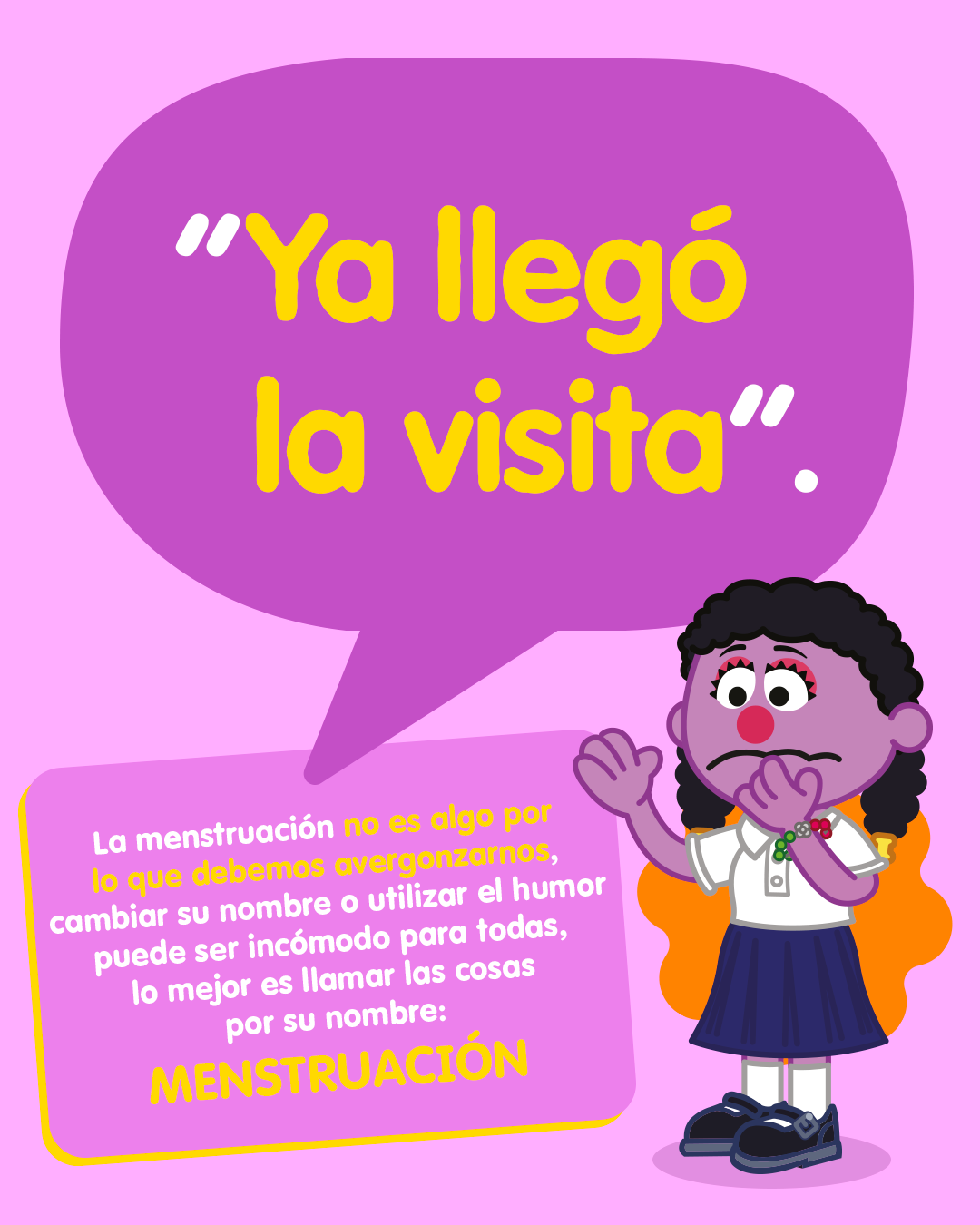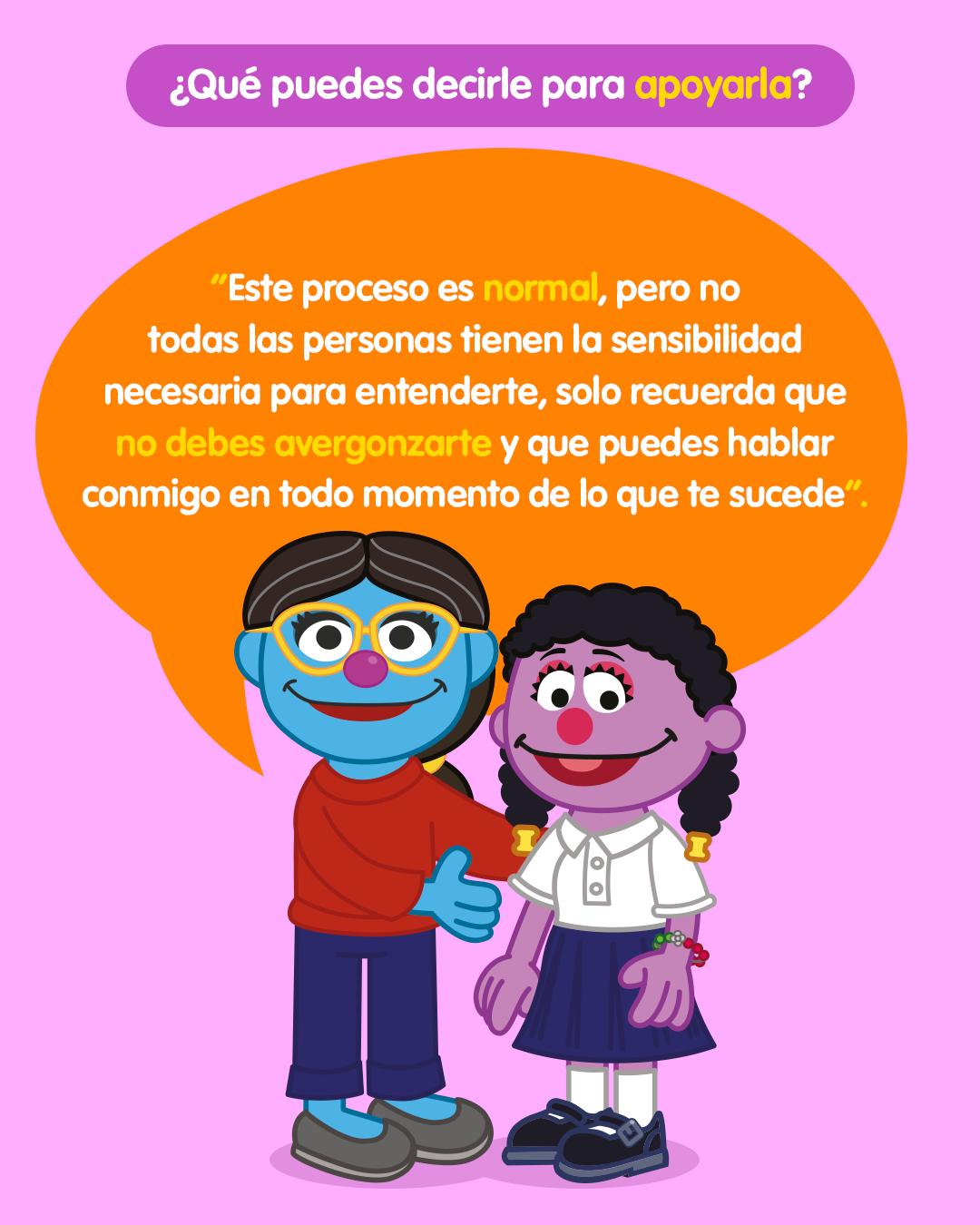
Menstruation is a natural process, yet it remains surrounded by stigma, silence, and misinformation that negatively impacts girls’ health, confidence, and participation in daily life. Cultural taboos, euphemisms, and dismissive attitudes often leave girls feeling ashamed or unprepared, with little support to navigate this key stage of growing up. Driven by the belief that every child deserves to feel informed and empowered, Sesame Workshop and World Vision launched Girl Talk, an initiative that supports education around puberty, menstrual hygiene, and the empowerment of girls and boys. Our idea was simple yet powerful: use beloved characters to deliver age-appropriate, culturally relevant messages that make talking about periods safe, respectful, and stigma-free.
Our specific goals were to:
Encourage open, accurate dialogue about menstruation among girls, boys, caregivers, and communities.
Equip girls with knowledge and confidence to manage their periods without fear or shame.
Help adults learn supportive language and practical ways to guide girls and boys through physical and emotional changes they face during puberty.
Reduce harmful stereotypes, such as minimizing menstrual pain or linking moods solely to “those days.”
Drive behavior change, replacing secrecy and humor with facts and empathy.
Through engaging visuals and videos, we aimed to foster environments where girls and boys can grow up healthy, informed, and proud of their bodies. We wanted to ensure no girl or boy feels alone during this important part of life.
We knew from the start that conversations about menstruation often remain hidden, wrapped in euphemisms, humor, or embarrassment. Our plan of action was to break this silence by creating content that was factual, compassionate, and culturally resonant.
We began by identifying the most common phrases and misconceptions that girls hear during puberty—like “Ya llegó la visita” (“The visitor arrived”) or “Los cólicos no son para tanto” (“Cramps aren’t that bad”). These statements may seem harmless but often leave girls feeling ashamed, anxious, or dismissed.
Leveraging Sesame Workshop’s strength in creating child-friendly educational content, we developed two sets of creative assets:
“What NOT to Say” Series:
Bright, engaging graphics addressed harmful phrases directly, explaining why they’re problematic and offering supportive alternatives. For example, instead of joking about “those days,” we encouraged using the term menstruation and validating girls’ feelings and pain.
Proactive Educational Materials:
A complementary series provided practical tools for caregivers. These assets encouraged parents to talk to daughters before their first period, check in emotionally, and help girls understand both physical and emotional changes. Tips included keeping menstrual products handy and normalizing discussions around menstruation as part of overall health.
A critical feature of our execution was using beloved Plaza Sésamo characters. Their warmth and familiarity made potentially uncomfortable topics approachable. The Muppets’ presence helped break barriers, fostering trust and engagement across generations.
We strategically launched the campaign around World Menstrual Hygiene Day, ensuring high relevance and visibility. Content was distributed across social media channels, partner networks, and community programs, reaching parents, educators, and health workers.
Challenges and Solutions:
Cultural Sensitivity: Talking about menstruation varies greatly across cultures. We worked closely with regional experts to ensure language and visuals were culturally appropriate and resonated authentically with Latin American audiences.
Balancing Simplicity with Depth: We needed to keep messages simple enough for caregivers to understand and easily deliver meaningful, accurate health information. We achieved this balance by combining concise language with visual storytelling through the Muppets.
Breaking Taboos: Even with trusted characters, some audiences felt hesitant about discussing periods publicly. We addressed this by embedding empathy and normalcy in every piece of content, making it clear menstruation is not shameful but a healthy part of life.
What makes our work unique is how it combines joyful, colorful storytelling with public health education. Few initiatives tackle menstruation stigma using characters beloved, bridging generations and cultures. Girl Talk reframes menstruation as a shared, natural experience, providing not only information but emotional support for girls and their communities.
We didn’t just aim to educate—we aimed to transform how people feel about menstruation. By speaking openly, we’re helping ensure every girl knows she is normal, strong, and never alone.
We used the trusted voice of Plaza Sésamo to support World Menstrual Hygiene Day, breaking taboos, promoting inclusive conversations, and delivering age-appropriate educational content to children, caregivers, and families. Our objective was clear: normalize menstrual health as an essential part of overall well-being and foster empathy and openness through engaging storytelling.
The results speak for themselves. Our content reached over 3.4 million users, indicating broad visibility among our key audiences. More importantly, it resonated. We saw 138,722 engagements including shares, comments, and reactions, demonstrating both emotional connection and a willingness to engage publicly with a historically stigmatized topic.
With 23,740 video views, we also observed strong content retention, signaling that users were not just scrolling past; they were choosing to learn and reflect.
This effort was a success both quantitatively and qualitatively. We helped reduce stigma, spark meaningful conversations in homes and classrooms, and delivered content that aligned perfectly with Plaza Sésamo’s core values: inclusion, respect, and early education. Our message did not just reach people; it stayed with them.
